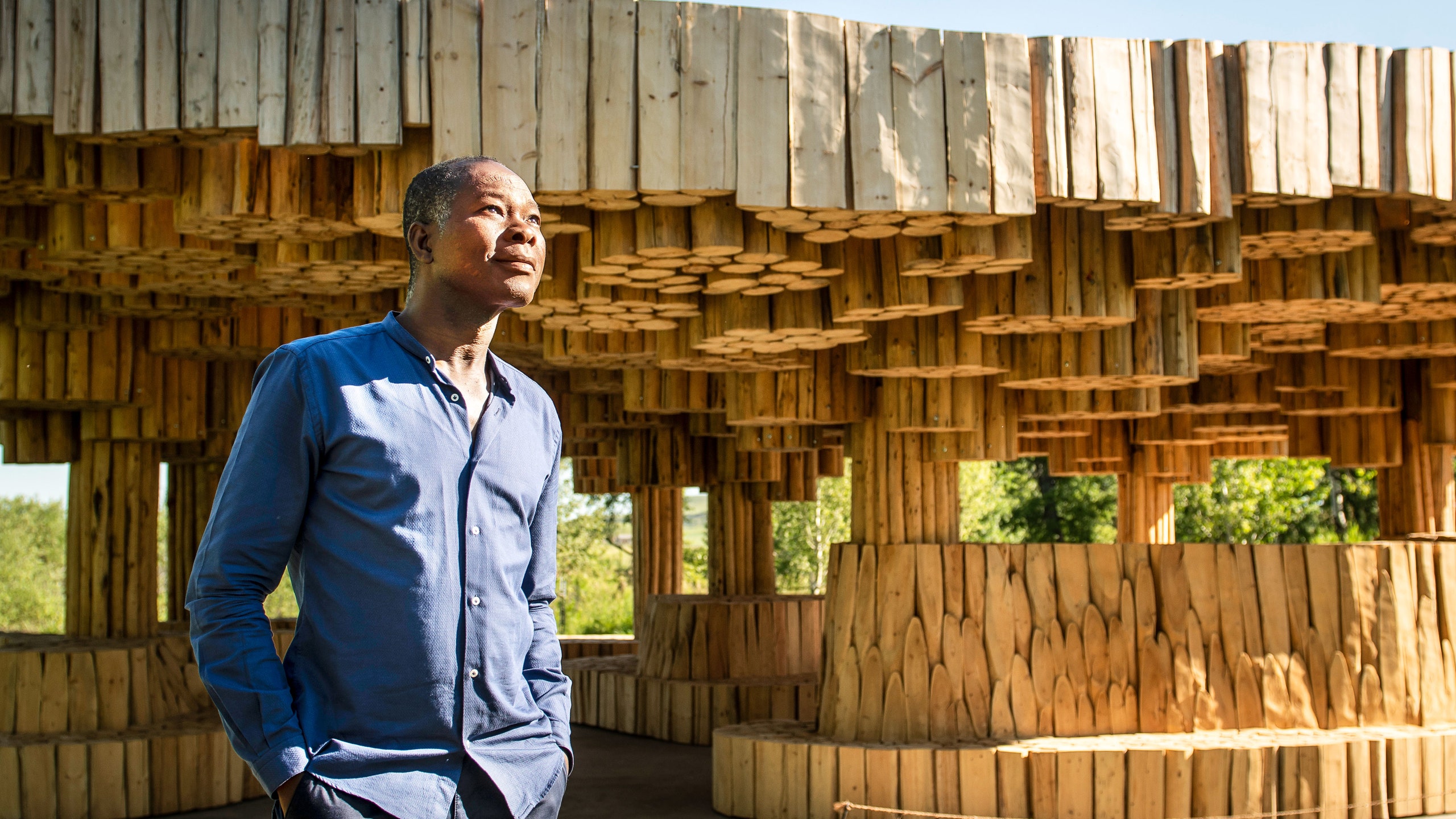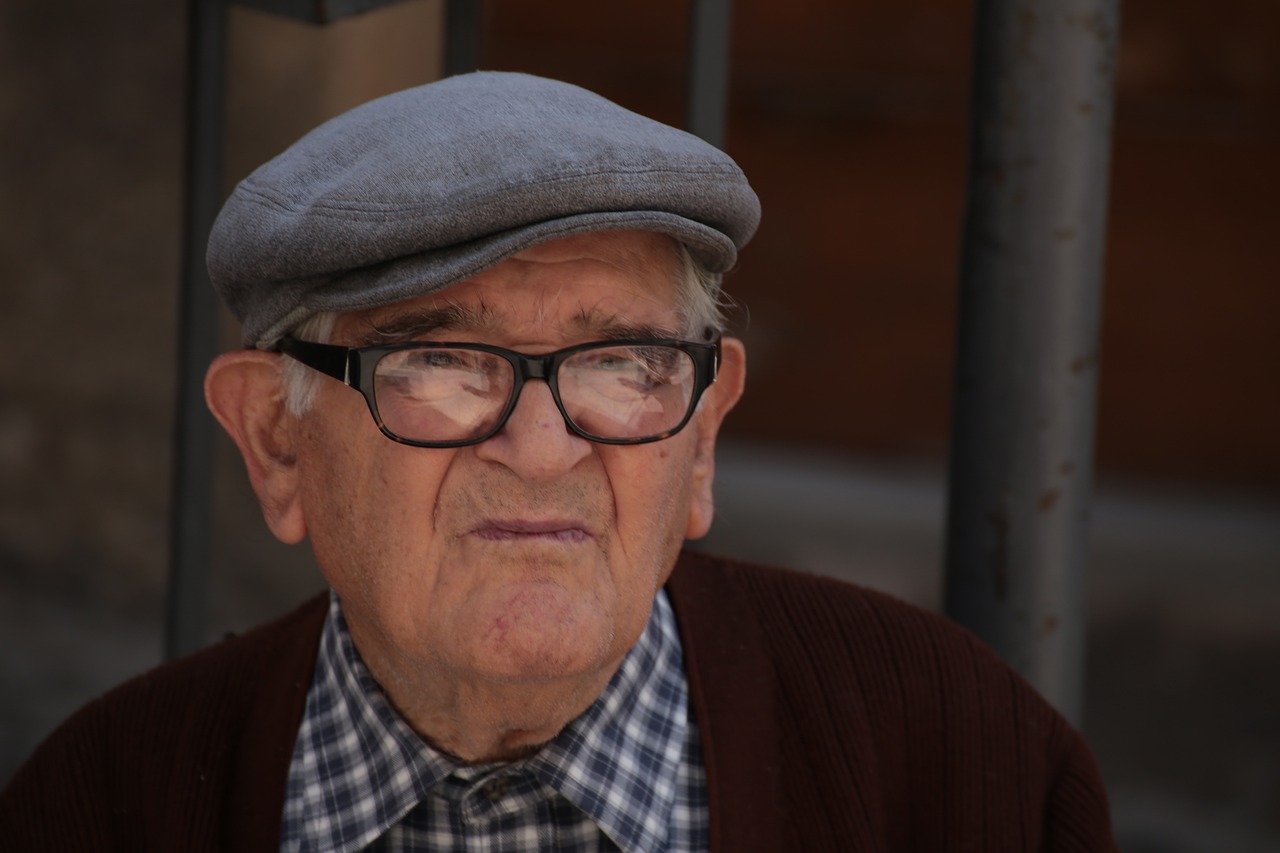
Diébédo Francis Kéré wins the Pritzker Prize
He is the first African to win what is described as the Nobel Prize of architecture.
Diébédo Francis Kéré was born in the West African country of Burkina Faso. At seven years old, he left his family to go to school in another town since his didn’t have one. Kéré remembers that his classroom got very hot due to poor ventilation and didn’t have much light. This made him want to change the conditions of schools in his country.
Kéré attended Technische Universität Berlin and graduated with an advanced degree in architecture in 2004. While still a student he designed his first project, Gando Primary School, in his hometown of Gando. In 2004, he was awarded the Aga Khan Award for Architecture for the school. This award is given out every three years to a project that addresses a need in a largely Muslim community.
His work often uses traditional clay brinks which offer a natural cooling system. This is very important since days in Burkina Faso can get up to 40 degrees Celsius, or 104 degrees Fahrenheit.
He has faced some pushback from locals for his choice to use the bricks over steel or glass. He commented that this is due to the perception that everything local is “primitive” or “a poor person's material.” Kéré went on to explain that this is in part due to Western influence.
“Sometimes the Western world -- and how it communicates -- makes things in the West [appear to] be the best. And they are perceived by others to be the best, without taking into account that local materials can be the solution to the climate crisis and can be our best alternative in terms of socio-economic [development],” he said.
Kéré also draws inspiration from the environment he grew up in. Both of his designs for the Serpentine Pavilion 2017 and structures for Coachella 2019 were inspired by trees. The structures for Coachella were specifically influenced by the hollow baobab tree.
Most of his projects are built in African countries like his home country of Burkina Faso, Kenya, Sudan, and Mali. He has also done projects in Germany, the U.S., the U.K., Switzerland, Italy, and Denmark.
RELATED CONTENT
In addition to schools, Kéré has designed healthcare facilities, pavilions, an education center, and two national assemblies, among other things. One of the national assemblies he designed will be in Ouagadougou, Burkina Faso. It will replace the one that was burned down during unrest in 2014. The project is currently on hold due to a coup in January.
Having won many awards throughout his career for his work, this year he will be awarded with his latest, and perhaps most significant.
The Pritzker Prize is awarded to a living architect “whose built work demonstrates a combination of those qualities of talent, vision, and commitment, which has produced consistent and significant contributions to humanity and the built environment through the art of architecture.”
“I am hoping to change the paradigm, push people to dream and undergo risk. It is not because you are rich that you should waste material. It is not because you are poor that you should not try to create quality. Everyone deserves quality, everyone deserves luxury, and everyone deserves comfort. We are interlinked and concerns in climate, democracy and scarcity are concerns for us all,” he stated.
Kéré is the 51st Laureate of the prize. He received a $100,000 grant and a bronze medallion at the award ceremony, which will be held in London this May.











LEAVE A COMMENT:
Join the discussion! Leave a comment.